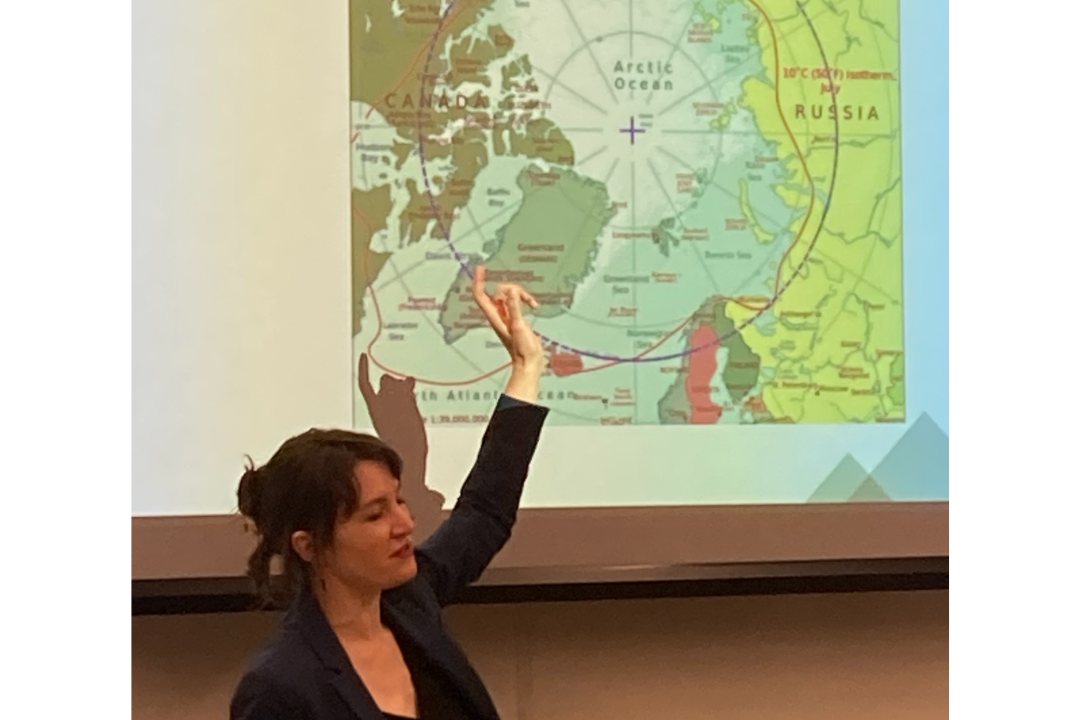Education in the MAE Department goes beyond engineering fundamentals to prepare students to protect and advance our nation while advancing global welfare. This is accomplished through initiatives like the Consortium on Naval Enterprise Pathways (CoNEP), which equips a diverse group of future leaders to tackle complex naval challenges, and through global experiences like Ph.D. candidate Benedict Vergara’s presentation at the Faculty Development in International Business program focused on Scandinavian innovation and sustainability.
In June 2024, CoNEP hosted the inaugural Naval Power and Security Bootcamp, a week-long residential course designed for Ph.D. candidates and post-doctoral researchers to explore the intersection of national security and naval power. Representing legislative and executive branches of the federal government, think tanks, industry, and academia, the 21 speakers provided insights into policy, security, and technical issues at this nexus. The topics addressed sea power’s strategic and diplomatic values, the importance of oceans to national security, and applying scientific and engineering advancements to policy-making, demonstrating to students how they can directly advance the Navy’s mission–and, by extension, national security–through their engineering careers.
By developing an energy analysis tool to compare multiple low-carbon technologies simultaneously, Vergara is helping to increase the energy efficiency of naval ships. At the Roslagen Clean Energy Symposium organized by GW-CIBER, he shared this research with an interdisciplinary group of professionals in business, finance, and economics in Sweden on behalf of the principal investigator, Prof. Saniya LeBlanc. Vergara tailored his presentation to this audience by using the boat that took them on a Baltic Sea cruise the night before as an example of applying his work for the Navy to ships worldwide. His work not only supports the U.S. Navy’s environmental goals but also demonstrates the value of understanding how technical innovations integrate with other disciplines and broader sustainability efforts.
Through these combined efforts, GW Engineering cultivates a diverse workforce of students to bolster U.S. global leadership in innovation, particularly in naval power. As a result, MAE students graduate equipped to protect the nation and serve the global good.


